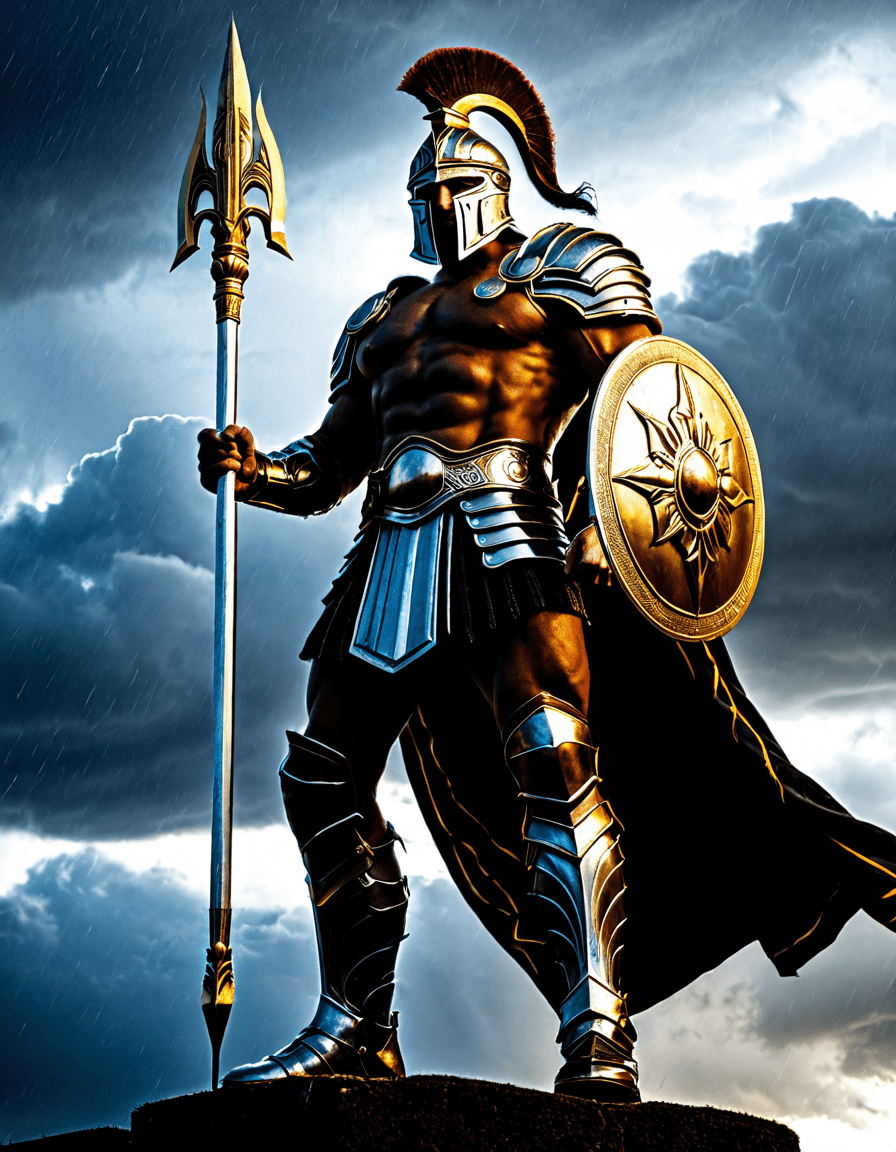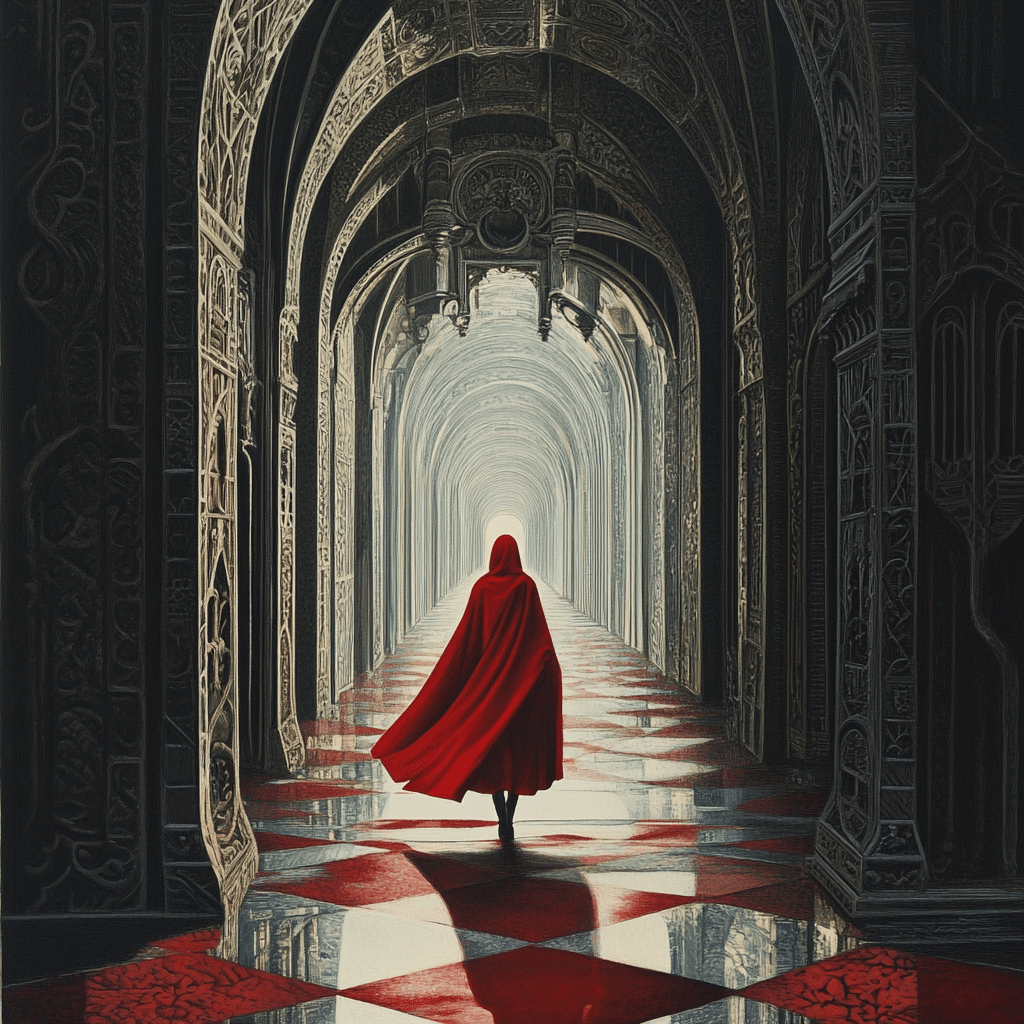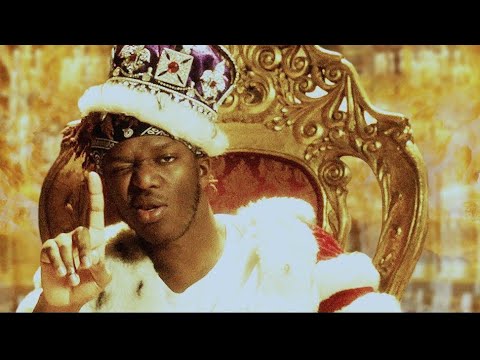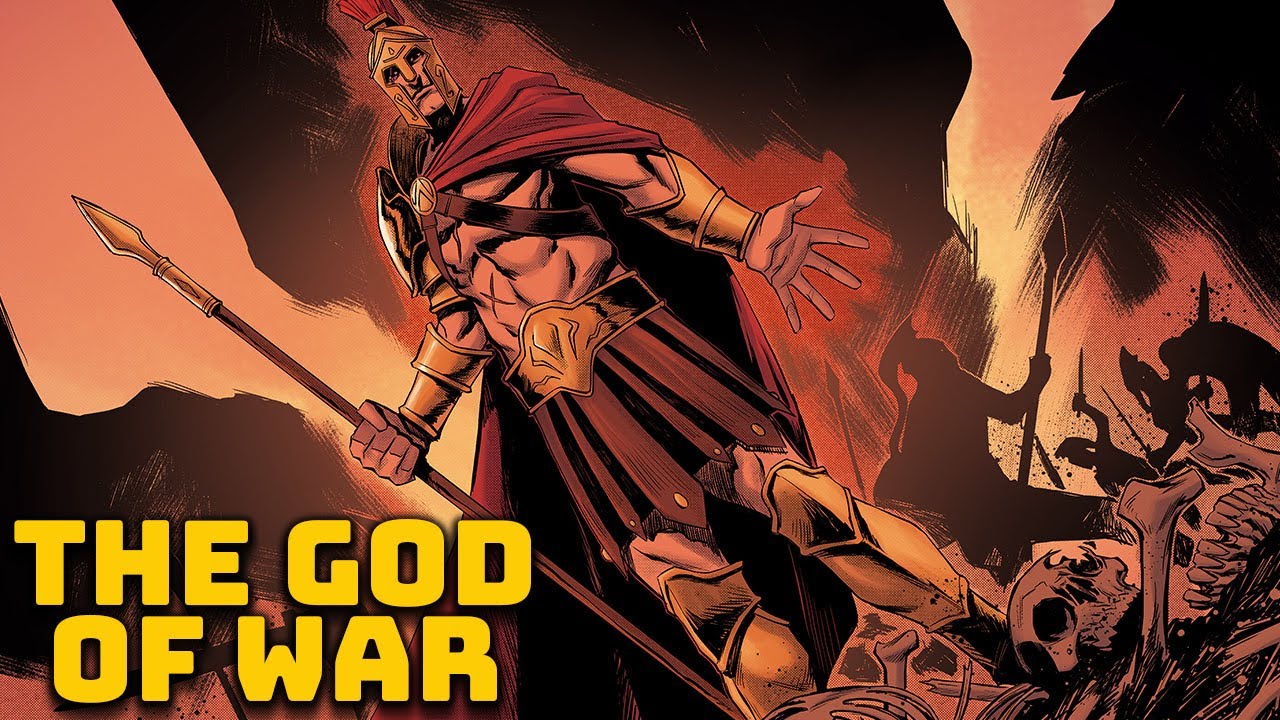When we think about Greek mythology, names like Zeus and Athena often spring to mind, but Ares, the god of war, deserves a dim spotlight of his own. Ares embodies the chaos and violence that accompany battle, often leaving us with feelings of both reverence and dread. Unlike Athena, who represents strategy and wisdom in war, Ares revels in the destruction and mayhem of conflict. You could say Ares is the rock star of the battlefield—provocative, messy, and yet utterly fascinating. His tales are not just about bloodshed; they’re reflections on the human condition regarding warfare and courage.
So, why should we care about Ares in this modern age? Well, in a world still so fixated on conflict, ancient myths offer timeless lessons about the dual nature of strength, bravery, and—let’s be honest—plain old violence. Whether you’re queuing up for your next movie marathon or diving into a new book, Ares stands as a critical figure influencing modern narratives in surprising ways. Buckle up, fellow cinephiles; we’re about to unpack the epic tales of Ares and his cultural impact.
The Dual Nature of Ares: Destruction and Valor in Myth
Ares is like a storm—dangerous but intriguing. Greek myths portray him as both a necessary force of nature and a chaotic brute. His depiction often raises eyebrows among historians and mythologists. Some view Ares as a symbol of valor, while others see him merely as a destructive entity. Ancient Greek society seems to mirror this duality, where war is both a duty and a curse. Many of Ares’ stories showcase themes of honor, brutality, and a complex relationship with his fellow gods.
Take a closer look at Ares’ outbursts; they often lead to dire consequences, highlighting the unpredictable nature of conflict. A fascinating aspect of Ares is how his stories challenge us to think about the motivations behind war. Is it a quest for power, love, or simply a misguided sense of glory? Ares’ character often leaves viewers and readers contemplating the nature of life itself. So, next time you kick back and watch your favorite war film or binge a new series, remember Ares is lurking in the background, whispering those chaotic tales of blood and glory.

Top 5 Epic Tales of Ares: From Myths to Legends
Alright, let’s dive into the good stuff! Here are five epic tales featuring Ares that you just can’t miss:
1. The Abduction of Aphrodite
In a twist of fate, Ares’s romance with Aphrodite—goddess of love—shows us how intertwined love and battle can be. The drama escalated when her husband, Hephaestus, set a trap, capturing the star-crossed lovers in a metal net. This scandal didn’t just expose their affair; it underscored themes of jealousy and the chaos inherent in both war and relationships.
2. The War Against the Giants
Ares isn’t all about chaos; he also shows bravery in the battle against the Giants, where he fought alongside other gods. This tale highlights Ares’ duty to maintain harmony in the cosmos, even if he still enjoys the thrill of the fight. Here, the god of war isn’t merely a bloodthirsty fighter but someone who plays a crucial role in defending the divine order.
3. The Conquest of Thrace
Ares found himself ruling over Thrace, a region steeped in military culture. His rule there became legendary, as he instilled both fear and loyalty among his followers. The militaristic regimes that emerged symbolize Ares’ capacity for both destruction and leadership, painting him not just as a god but as a ruler who inspired legions to follow.
4. The Trojan War
Who could forget Ares’ dramatic involvement in the Trojan War? Supporting the Trojans against the Greeks, Ares came head-to-head with Athena and other gods. The ensuing conflict highlighted his emotional fragility, as he navigated themes of betrayal and revenge. This story starkly presents Ares’ dual nature: a protector and a destroyer intertwined in eternal conflict.
5. The Fall of Troy
When Troy met its demise, Ares stood by—his actions fueled both by triumph and tragedy. The war he championed led to his own strife, illustrating the relentless cycle of vengeance that dragged everyone into turmoil. The Fall of Troy exemplifies how Ares’ influence can lead to monumental consequences, showcasing the best and worst of human nature.
Ares and His Cultural Impact: From Literature to Modern Media
Ares isn’t just stuck in the pages of ancient texts; he has a profound cultural impact that resonates even today. From Hesiod’s “Theogony” to contemporary hits like Rick Riordan’s “Percy Jackson” series, Ares appears in various forms, often as a misunderstood figure. In Riordan’s take, Ares is depicted with more dimensions, portraying him not merely as a villain but as a character grappling with morality.
Movies have similarly embraced Ares’ complexities, notably in Patty Jenkins’ “Wonder Woman”. Instead of one-dimensional evil, Ares is presented as a character whose motivations extend beyond mere hatred for humanity. This modern portrayal allows audiences to grapple with his role, challenging them to reflect on the essence of war itself. As we see Ares reimagined onscreen, we’re invited to question not just who he is but what he represents in our lives—from conflict to resolution, love to war.

Ares vs. Other Deities: A Comparative Analysis of War in Mythology
When we pit Ares against other mythical figures, the layers only deepen. Let’s look at how he stacks up against other deities:
By drawing these comparisons, we reveal the multifaceted concept of war in mythology. Each character brings a different perspective, offering lessons that resonate with audiences, whether through an ancient text or today’s cinematic blockbusters.
Ares in Modern Interpretation: From Hawthorne’s Reflections to Contemporary Media
Modern interpretations of Ares have opened up discussions that are quite profound. Nathaniel Hawthorne, for instance, brought a unique viewpoint to Ares, exploring themes of violence in art and literature. His work invites readers to reflect not just on physical battles but also on the internal conflicts we all carry.
Today, Ares acts as a powerful metaphor for societal struggles. As we engage in discussions about war, morality, and human relationships, Ares symbolizes not just our external battles but our internal dilemmas. His stories echo contemporary issues, reminding us of current conflicts swirling in society and within ourselves. Ares invites us to examine our choices, whether regarding battles on the field or the fight against personal demons.
Ares in Our Lives Today
With modern conflicts looming, Ares remains a potent symbol for today’s world, urging us to confront the human complexities of war. His tales challenge us to consider the cycles of vengeance and the moral lessons hidden in destruction. As history continues to ripple through time, the legendary god of war serves as a constant reminder of our humanity—a reminder that we must reflect on the intricate dance of conflict.
In a time where discussions about war and peace are ever-present, we find in Ares a source of both terror and inspiration. His myths resonate, not as relics of a bygone era but as living narratives that continue to influence how we view conflict, humanity, and—let’s face it—the heart of what it means to be human.
If you’re looking to dig deeper into the world of cinema and mythology, consider checking out intriguing reads like projects from Griffin Dunne or click over to explore our review of the dynamic new series featuring Adam Goldberg. As we explore these cultural narratives, we encounter stories that might reshape how we view Ares, making him more than just a tale of bloodshed, but a mirror reflecting the struggles of our own lives.
Ares: The Legendary God of War and His Epic Tales
The Origins of Ares and His Significance
Ares, the Greek god of war, may not be as beloved as his fellow Olympians, but his fierce reputation is undeniable. Often depicted as a tumultuous figure, Ares embodies the brutality and chaos of battle. Interestingly, his persona is echoed in contemporary culture, like the fiery debates surrounding figures such as those found in the realm of Trump Derangement Syndrome. Just like Ares charges into battle, these conversations can become heated, showcasing how ancient themes still resonate today.
Let’s not forget about his relationships; Ares had quite the love life, notably with the goddess Aphrodite. Their tumultuous affair is often seen as a counterbalance to the violence he represents. In fact, some fans of the god find solace in the idea of love conquering chaos—much like how communities rally behind their teams during Nfl Christmas Games, showcasing unity and spirit even in the face of conflict.
The Significance of Ares in Mythology
In mythology, Ares had a knack for getting into trouble. He was often portrayed as cowardly, sometimes fleeing from battle. This portrayal makes him relatable; after all, who hasn’t felt overwhelmed at times? This notion of vulnerability is a far cry from what you might expect from the god of war. Such duality mirrors the inspirational journey of sports legends, like Hank Aaron, who faced adversity but continued to shine brightly.
Did you know that Ares was often accompanied by his ruthless companions, Phobos (fear) and Deimos (terror)? Together, they wreaked havoc on the battlefield. Much like a Browns quarterback leading a team under pressure, Ares and his entourage were a potent force, representing how emotions and fears can influence our decisions—whether on the battlefield or on a game day.
Ares’ Legacy in Modern Culture
Ares’ influence stretches into modern storytelling, from books to films, and even games. The concept of strategy in war is captured beautifully in games like Yahtzee, where dice become symbols of chance and tactical thinking. In truth, Ares’ teachings on warfare have inspired countless military leaders throughout history and continue to influence the strategies of modern-day conflict.
Even beyond myth, one can see the echoes of Ares in pop culture fighters, akin to the Viper, a metaphor for stealth and strike. His legacy taps into our fascination with conflict and resolution, presenting the timeless drama of human experience. Ultimately, Ares embodies not only war but the lessons we derive from it, making him a figure of endless intrigue.
So, whether you’re exploring the valleys of Grassington, Yorkshire, or diving into the fiery narratives of ancient gods, Ares stands out as a timeless emblem of conflict, character, and the endless quest for balance amidst chaos.








